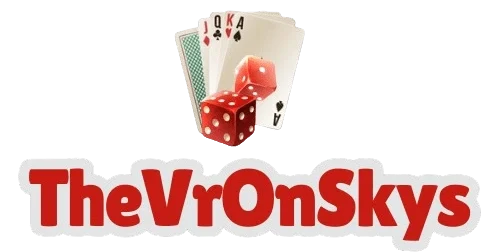Gaming is no longer just a hobby—it’s a cultural identity. And few companies have done more to shape that transformation murahslot than Sony. Many of the best games that define generational taste and pop-culture relevance are PlayStation games that reflect who players are and how they see the world. Even portable titles like standout PSP games contributed to this identity, offering accessible but rich gaming experiences that traveled with you and influenced everything from fashion to film.
Franchises like “Uncharted,” “Horizon Zero Dawn,” and “The Last of Us” have become more than games—they’ve inspired art, cosplay, fan fiction, and streaming communities. Their stories and characters are part of modern myth, shared and reinterpreted across social media, conventions, and adaptations. Gamers don’t just play these titles—they identify with them. They shape how people think, talk, and express themselves in the broader digital world.
PSP games played a subtler but no less significant role. Titles like “LocoRoco” and “Patapon” introduced quirky design sensibilities that spilled into music videos, toy lines, and fashion. “Persona 3 Portable” brought anime-style emotional depth into mainstream Western gaming, helping build a bridge between cultures. These games made gaming a conversation starter, a lifestyle element, and a design influence beyond the screen.
Sony also helped normalize the idea of gaming as a serious pursuit. Their exclusives were often treated like cinematic events, with teaser trailers, orchestrated scores, and global releases that rivaled Hollywood blockbusters. PlayStation consoles themselves became cultural icons, synonymous with cutting-edge tech and personal taste. Owning a PlayStation wasn’t just about access—it was a statement about the kind of player you were.
By supporting visionary creators and embracing bold themes, Sony didn’t just participate in the culture—they helped invent it. They understood that games were more than entertainment—they were a medium for identity, community, and meaning. And that’s why their legacy continues to grow—not just on consoles, but in the hearts and lives of players everywhere.
